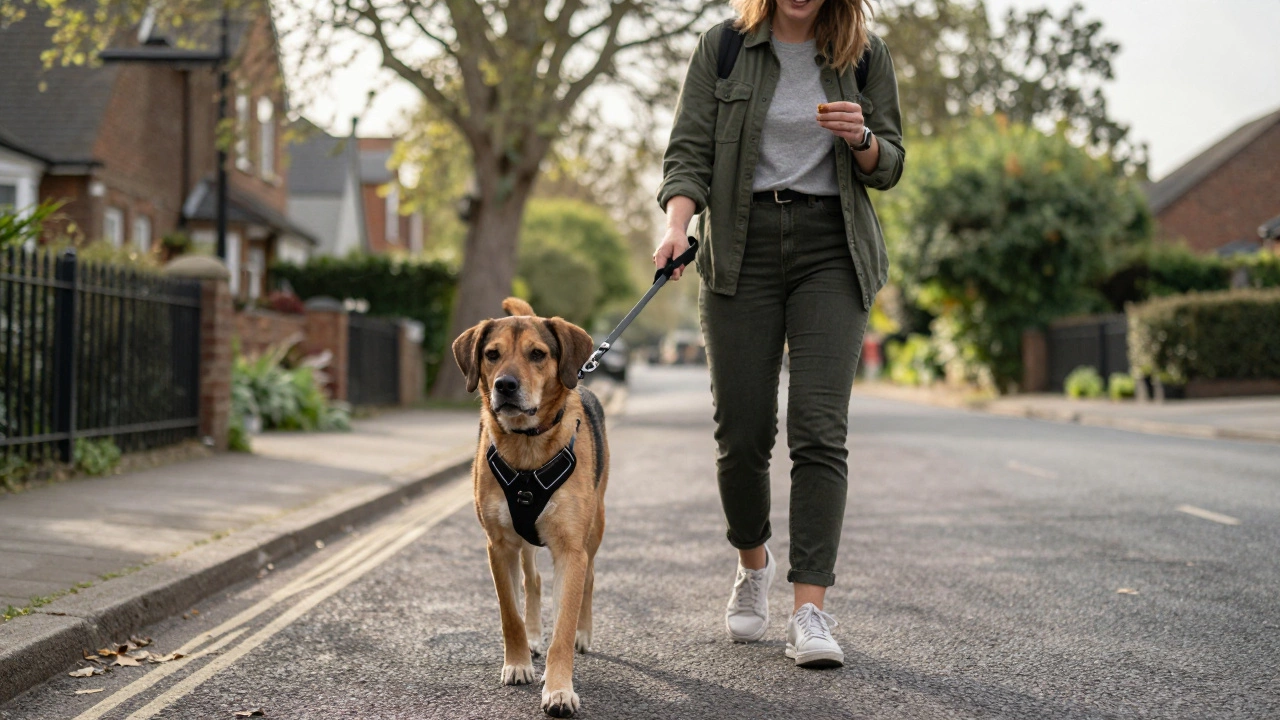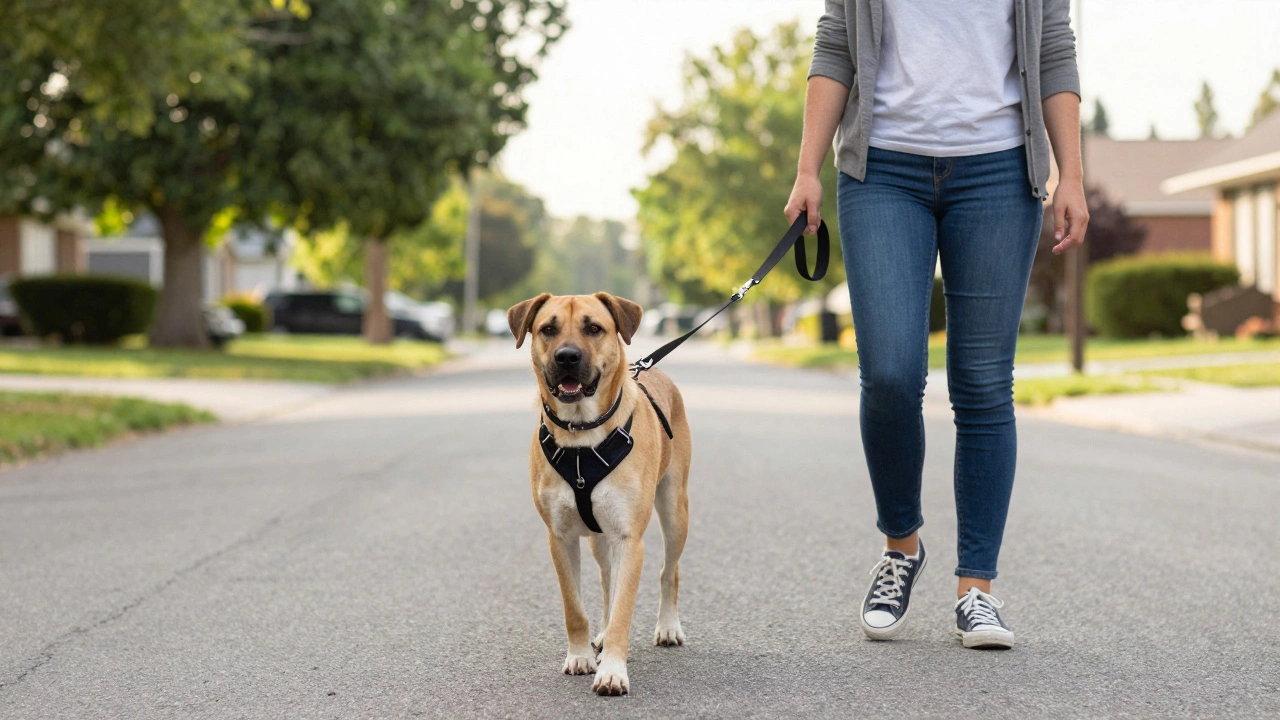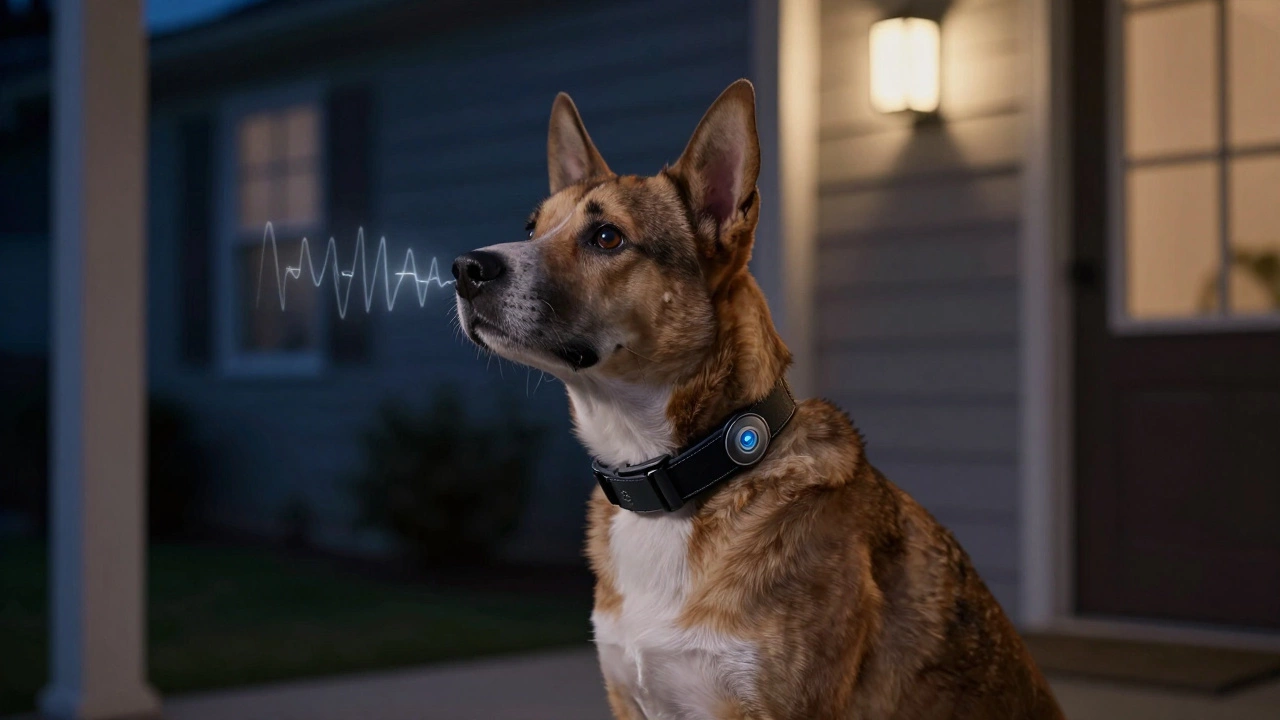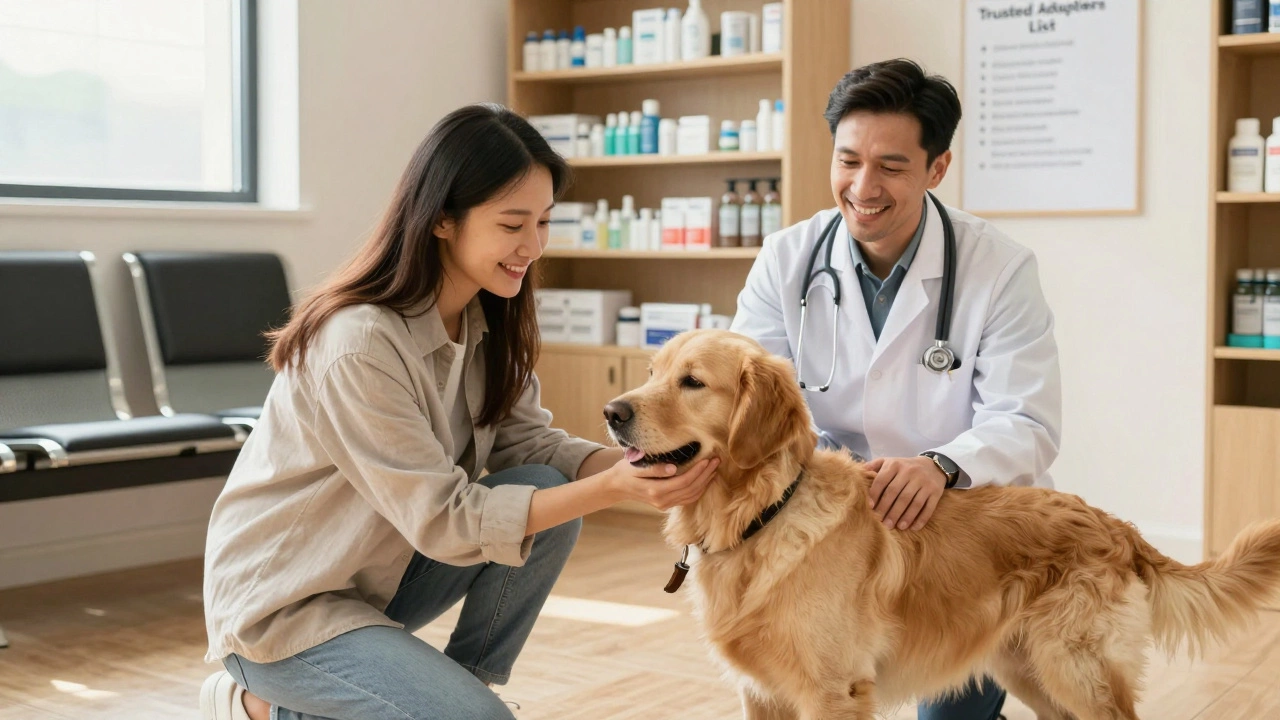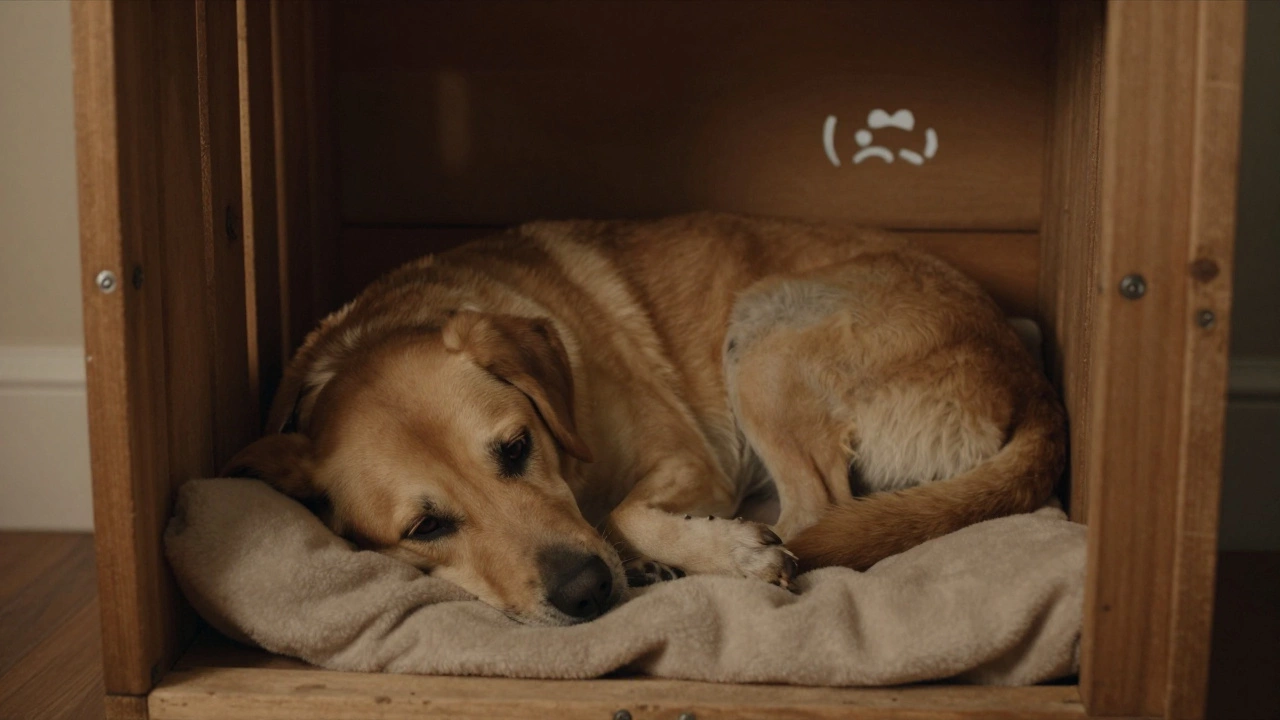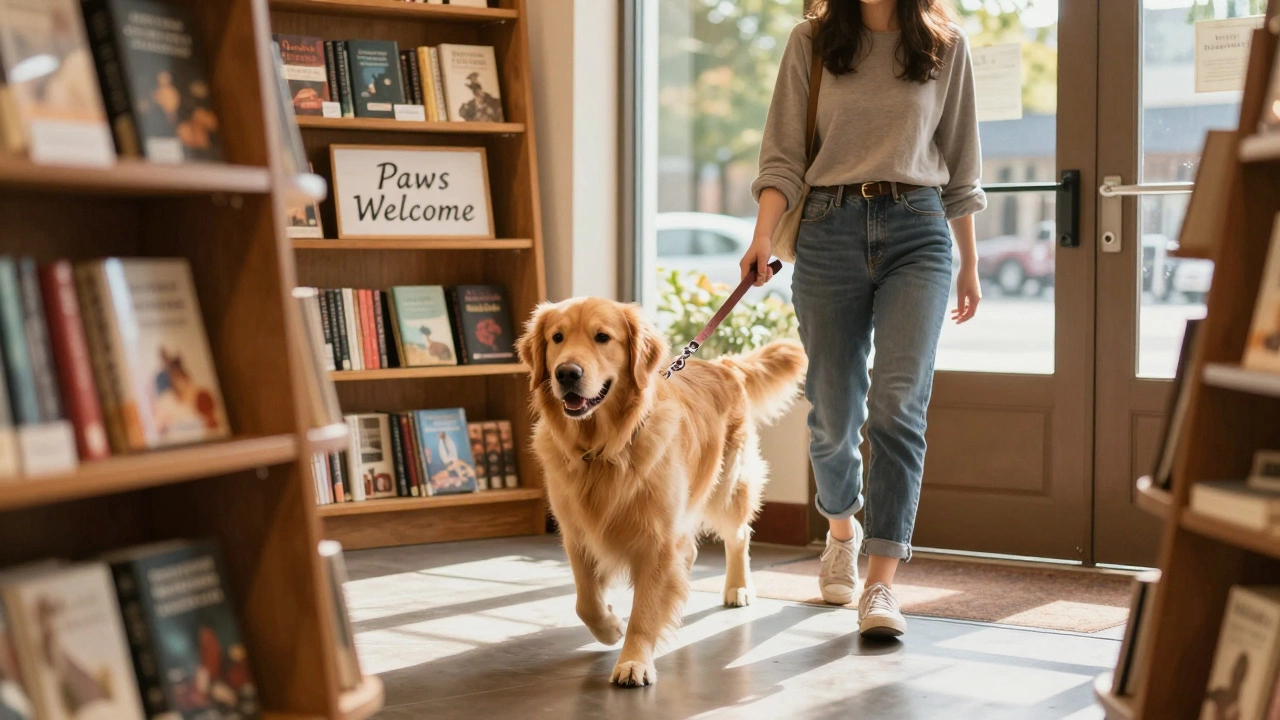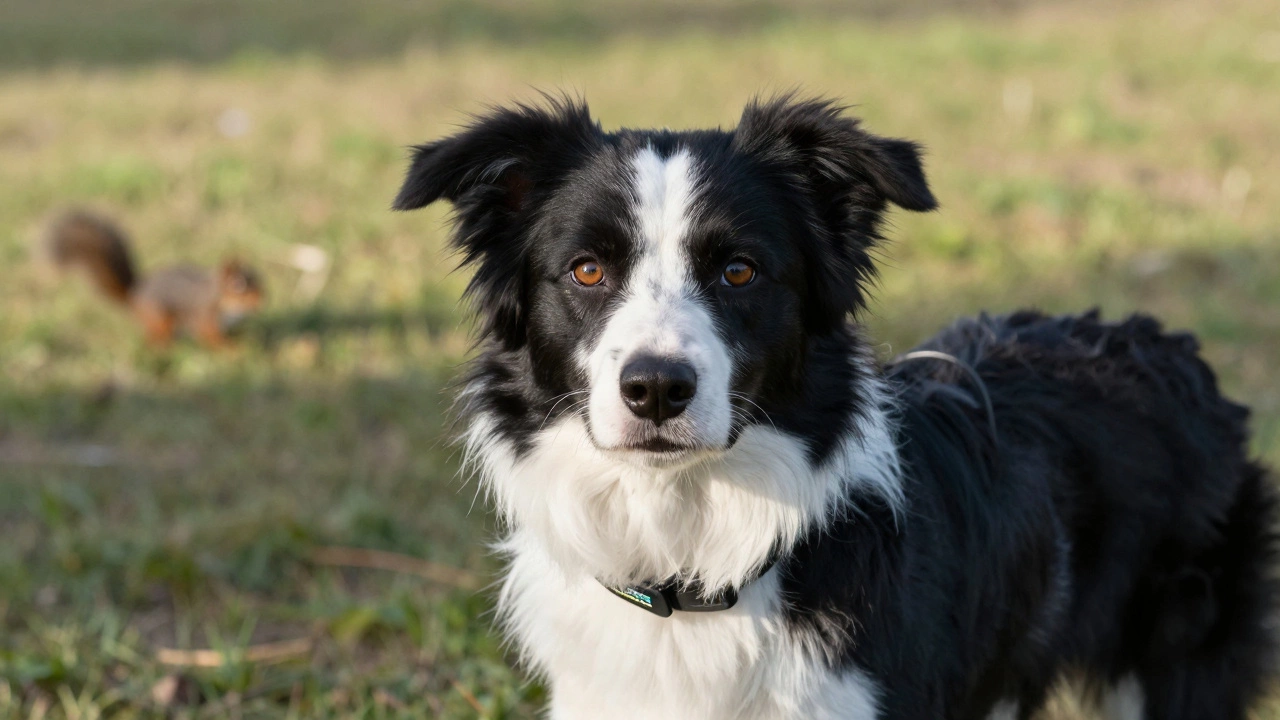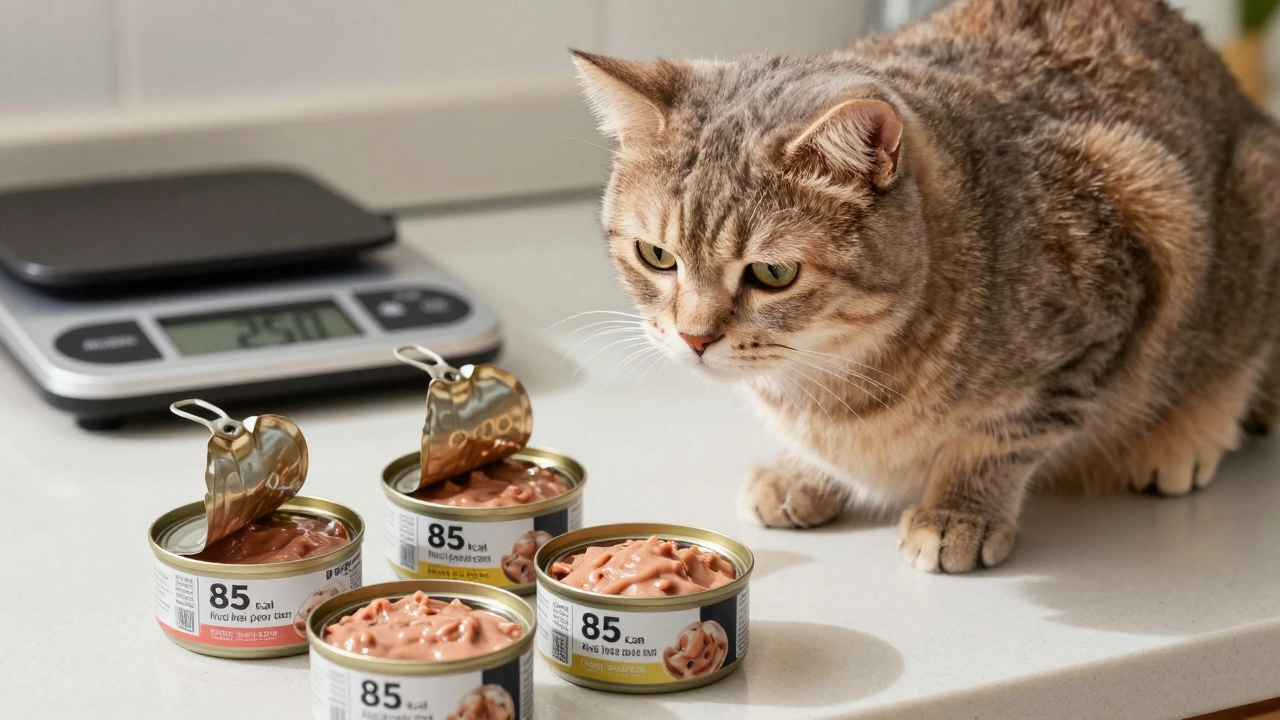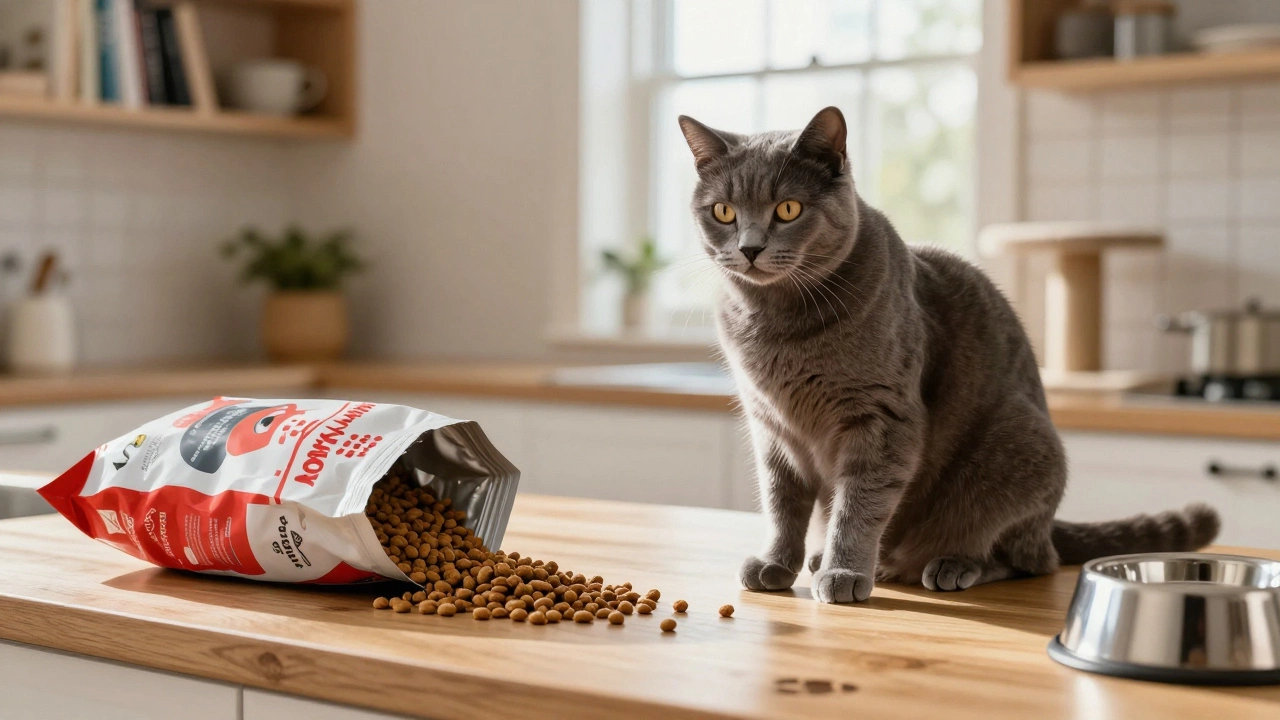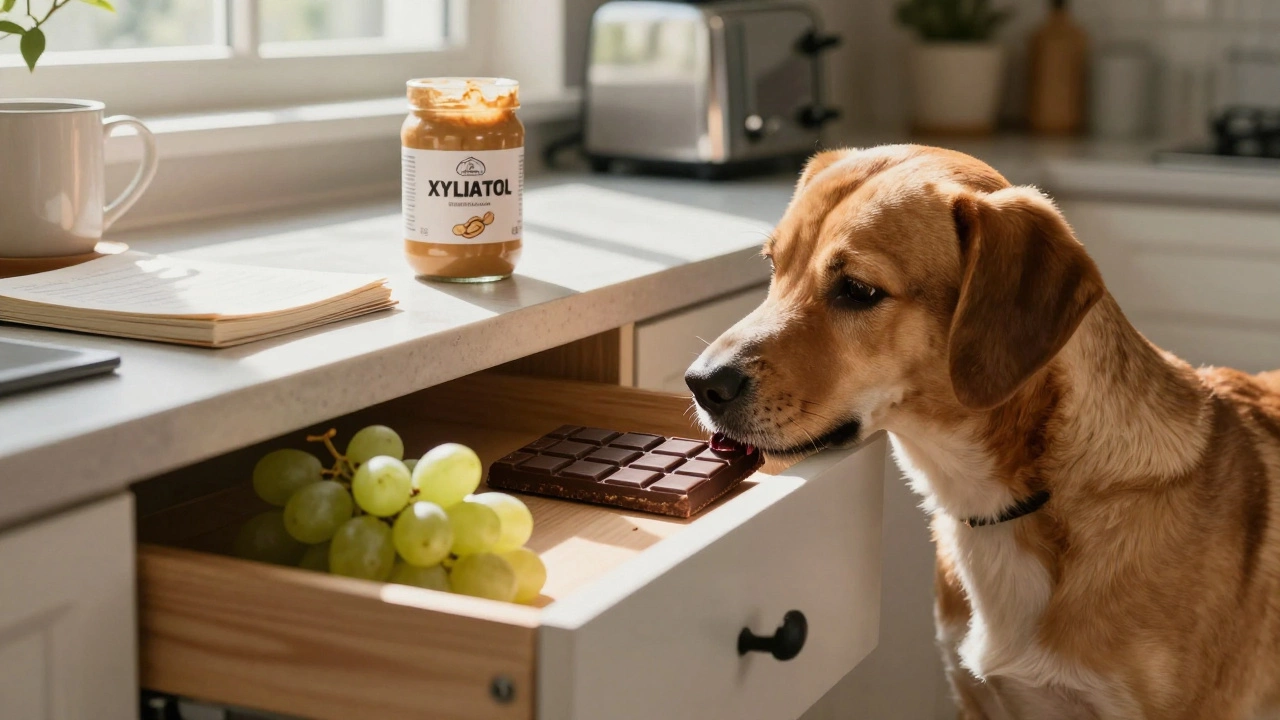South Tyneside Pet Care Services – Your Local Pet Experts
We know you want the best for your dog, cat, or any other animal. Our team in South Tyneside offers grooming, walking, pet sitting and basic veterinary help, all under one roof.
Our Core Services
Need a fresh trim? Our groomers use gentle tools and keep pups calm. Want daily walks? We match a walker to your dog’s pace and energy. Going out of town? Our sitters stay at your home, feed, play and give you updates. If your pet needs a quick health check, we have a vet on call.
Why Choose Us
We’re neighbours, so we understand local weather, parks and vet clinics. All staff are trained, insured and love animals. Booking is easy – call, text or use our online calendar. We aim for friendly service, fair prices and happy pets.
Ready to give your pet the care it deserves? Contact us today and let’s set up a visit.
At What Age Do Puppies Understand 'No'?
Puppies typically begin to understand "no" between 12 and 16 weeks, but real obedience comes from teaching alternatives, not just correction. Learn how to train your pup effectively with clear, consistent methods.
What Is the Best Way to Stop a Dog from Pulling on the Leash?
Learn the safest, most effective way to stop a dog from pulling on the leash using a no-pull harness and positive training techniques. No pain, no force - just results.
Will a prong collar stop pulling? What really works for leash training
Prong collars may stop pulling temporarily, but they don't train your dog. Learn why positive reinforcement works better, what tools to use instead, and how to build calm leash walking without pain or fear.
What Sound Stops a Dog from Barking? The Truth About Anti-Bark Devices
Ultrasonic anti-bark collars can reduce excessive barking, but they're not a magic fix. Learn how they work, when they fail, and what actually stops dogs from barking for good.
Where Is the Best Place to Rehome My Pet? A Practical Guide for UK Pet Owners
Finding the best place to rehome your pet in the UK means choosing safety over speed. Learn how to work with vets, trusted rehoming centres, and your community to give your pet a second chance-without falling for scams or making rushed decisions.
Should Dogs Wear Collars in Crates? Safety, Risks, and Best Practices
Removing your dog's collar before crating prevents choking, skin damage, and accidents. Microchipping is the safest way to ensure your dog can be identified if they escape. Learn why vets and trainers recommend no collar in the crate.
Can Cats Live on Dry Food Only? The Truth About Dry Cat Food and Feline Health
Dry food alone isn't enough for cats. Learn why hydration, protein, and carbs matter more than you think-and how one can of wet food a day can prevent serious health problems.
Are Dogs Allowed in Stores in North Carolina? What You Need to Know
Learn whether dogs are allowed in stores in North Carolina, including service dog rights, pet policies at major retailers, and where to take your dog safely. Know the laws before you go.
Do Vets Recommend E-Collars for Dogs? What the Experts Really Say
Most vets don't recommend e-collars for dogs due to risks of fear and anxiety. Learn why positive training methods work better and when, if ever, an e-collar might be considered.
How Much Wet Food Should a 10 lb Cat Eat Per Day?
A 10-pound cat typically needs 2 to 3 cans of wet food daily, depending on calorie content. Learn how to calculate exact portions, avoid overfeeding, and keep your cat healthy with proper hydration and meal timing.
What Is the #1 Best Cat Food? Real Results from Vet Tests and Owner Feedback
Discover the #1 best cat food based on vet tests and real owner results. Learn what makes cat food truly healthy, how to read labels, and why wet food matters more than you think.
What Is the Absolute Worst Food for Dogs? Toxic Foods That Can Kill
Some human foods can kill dogs instantly. Learn the top toxic foods like chocolate, grapes, xylitol, and onions-and what to do if your dog eats them.


